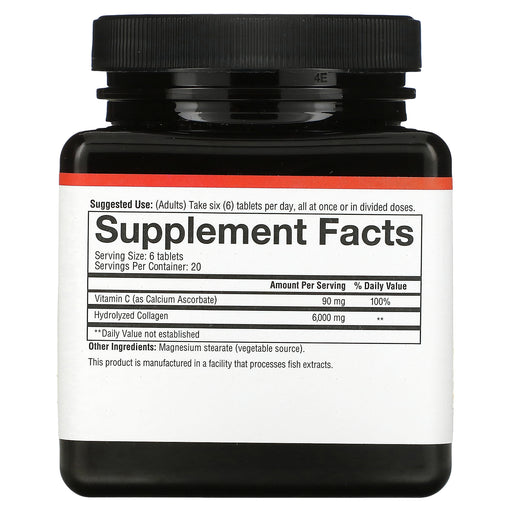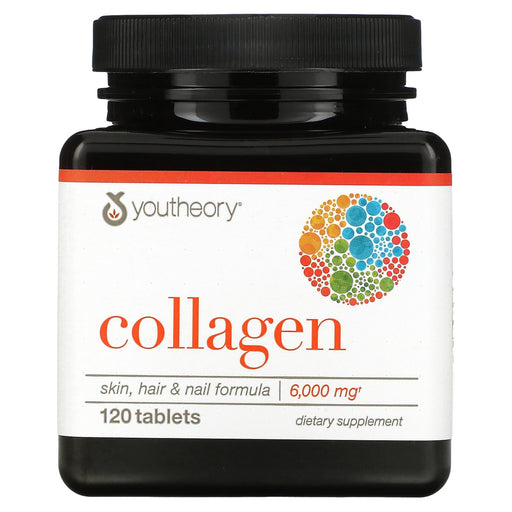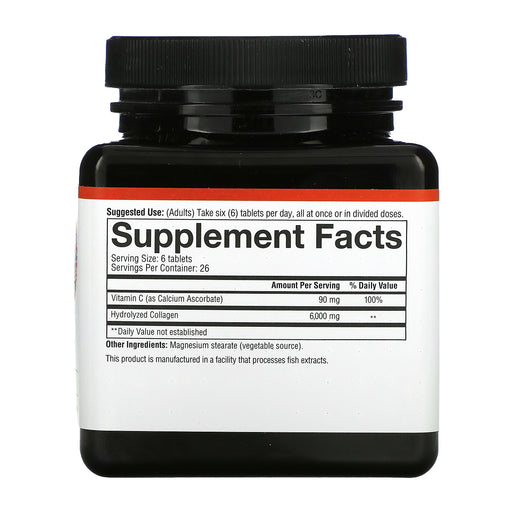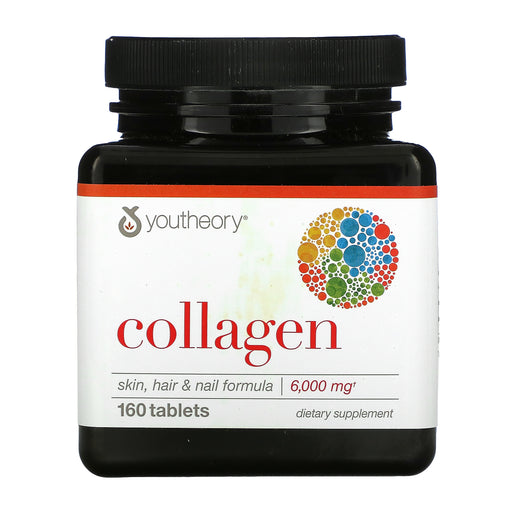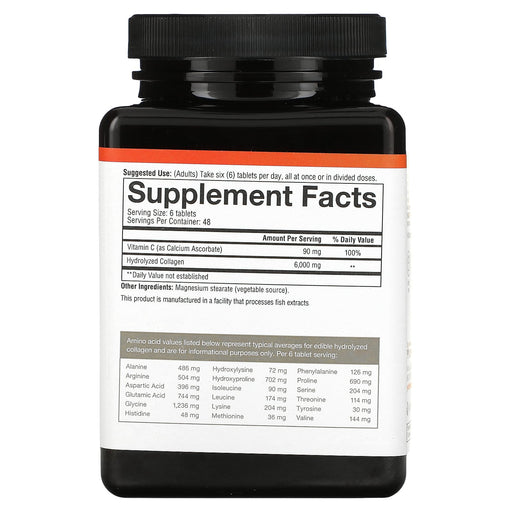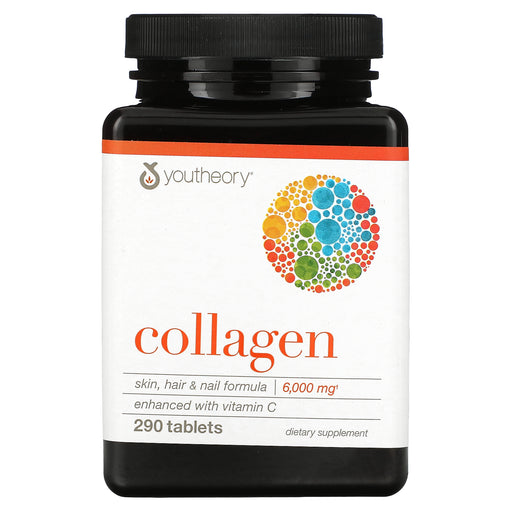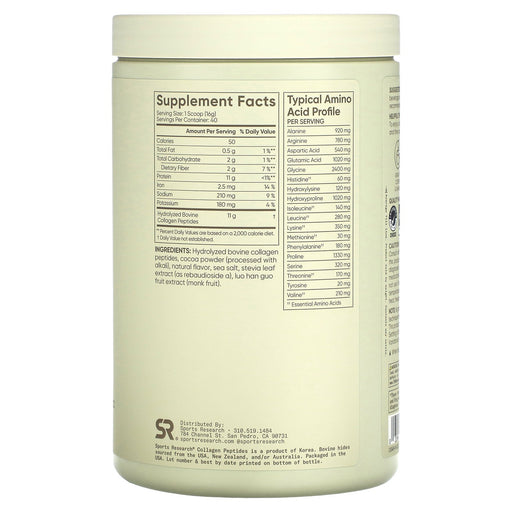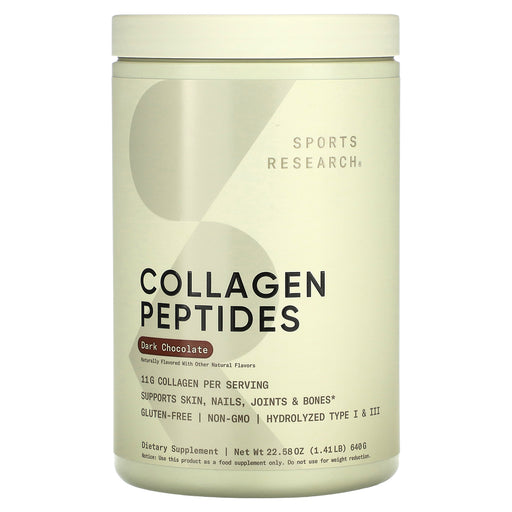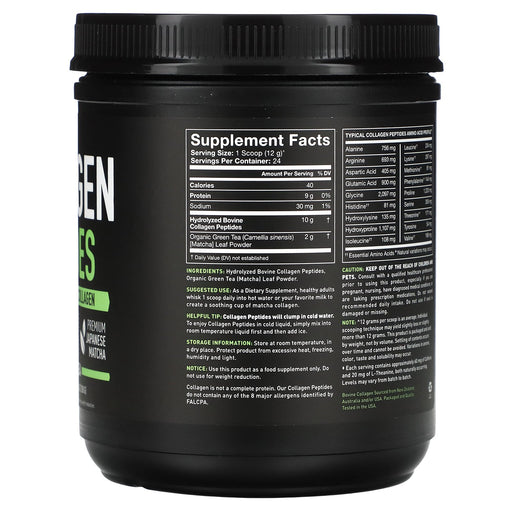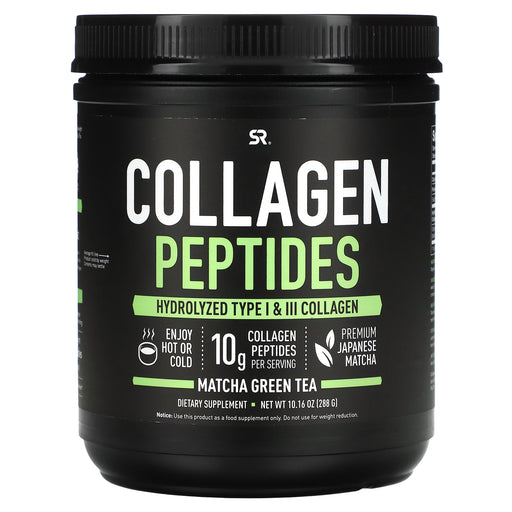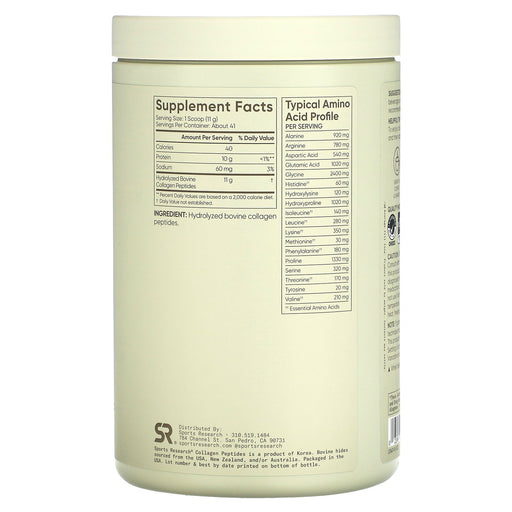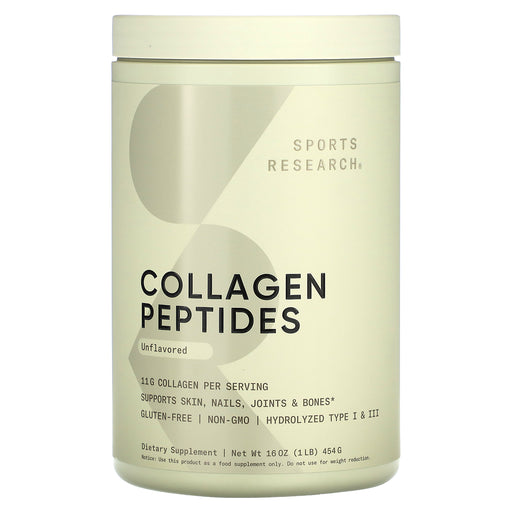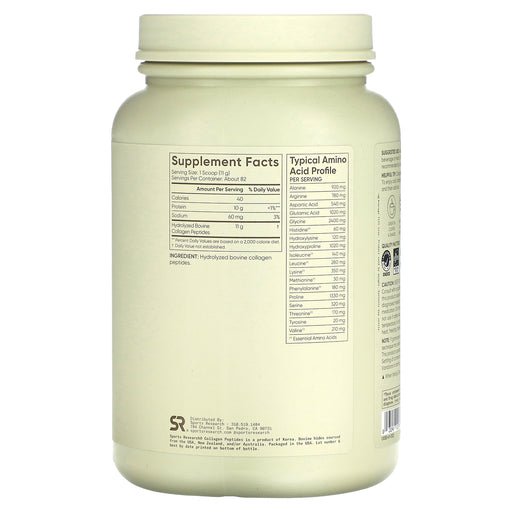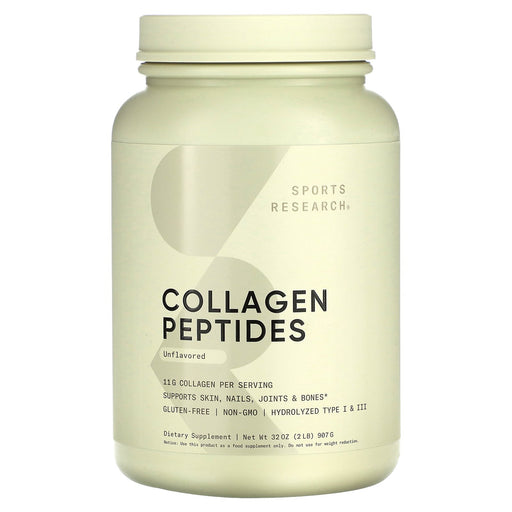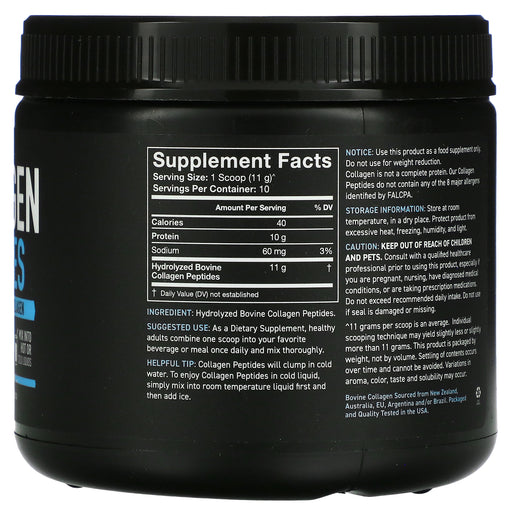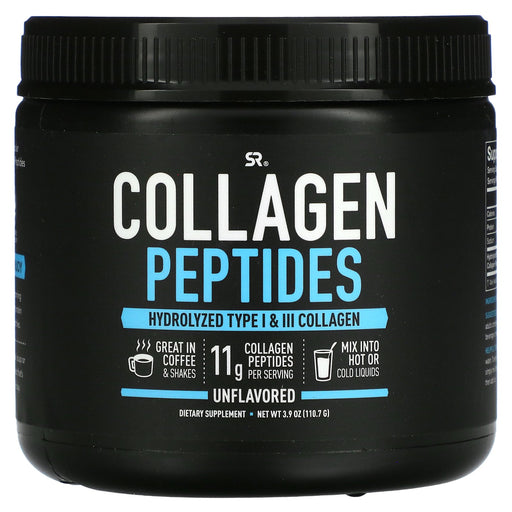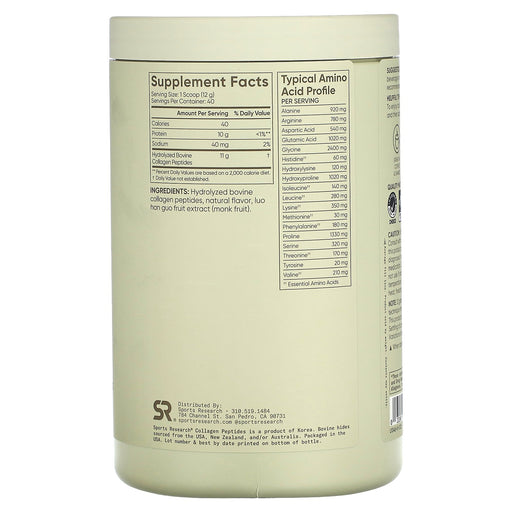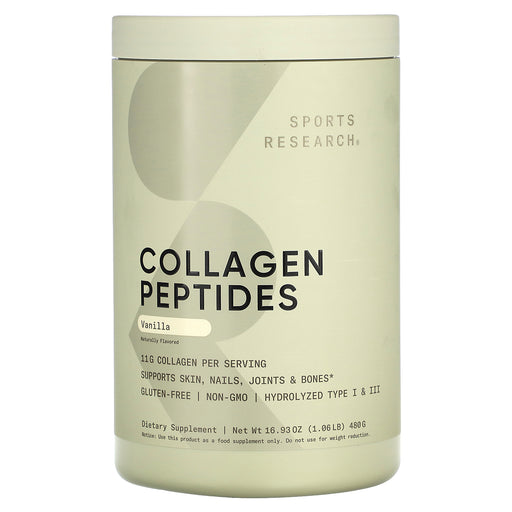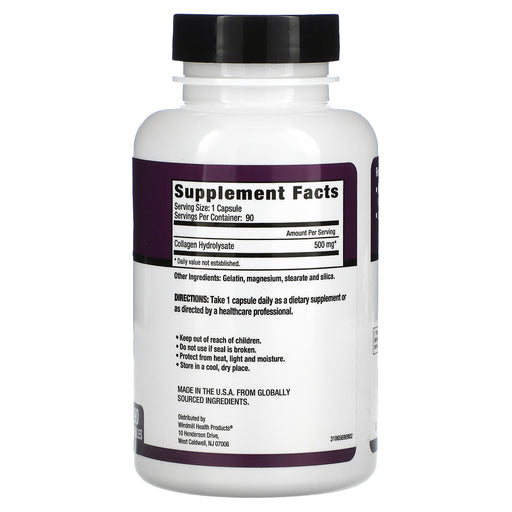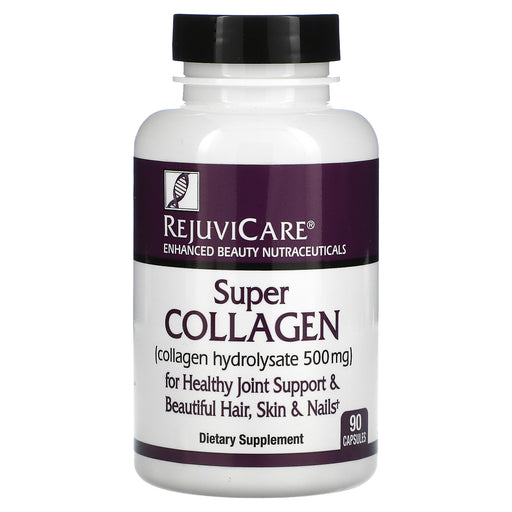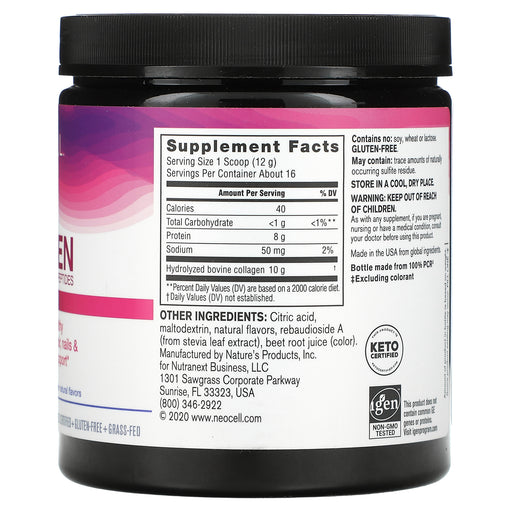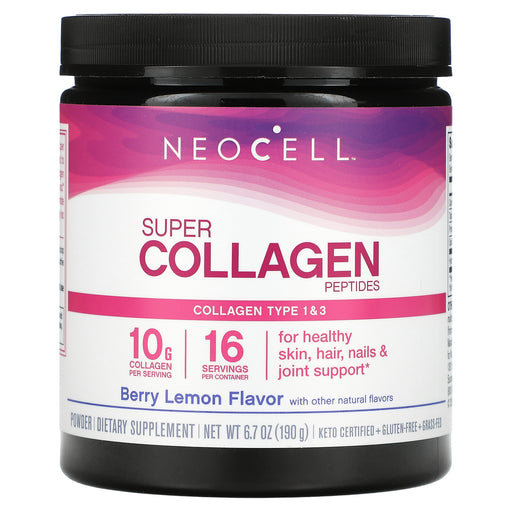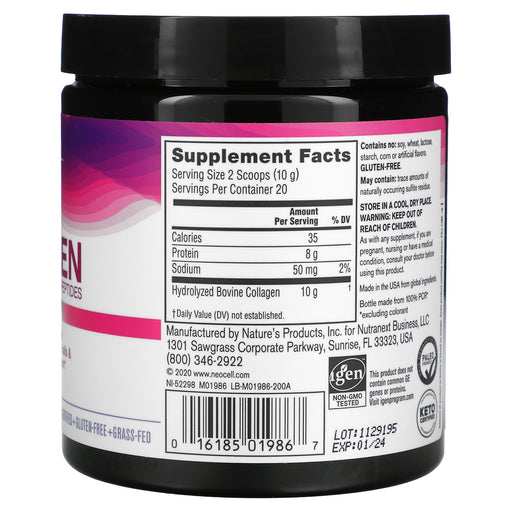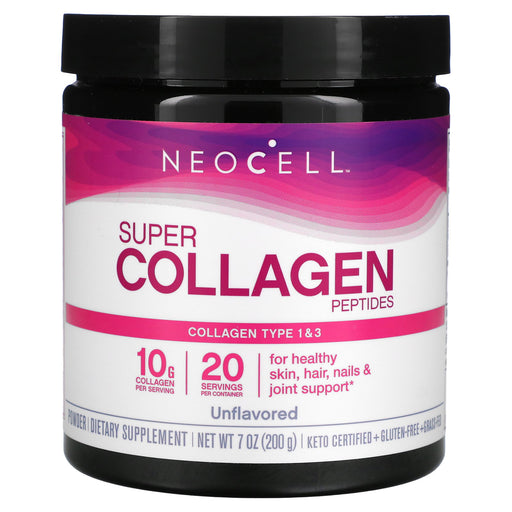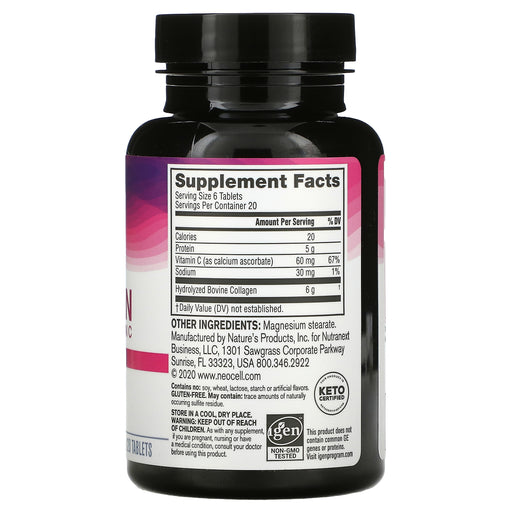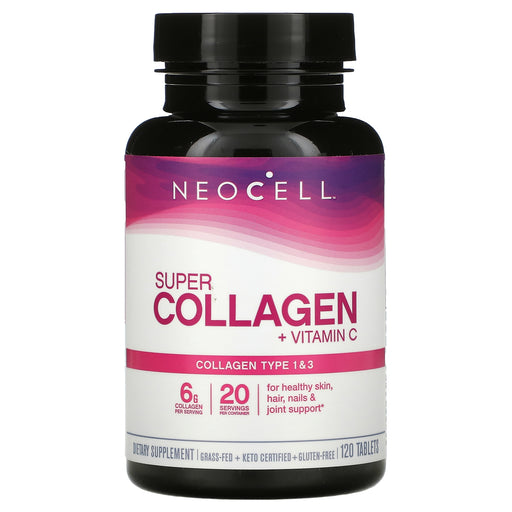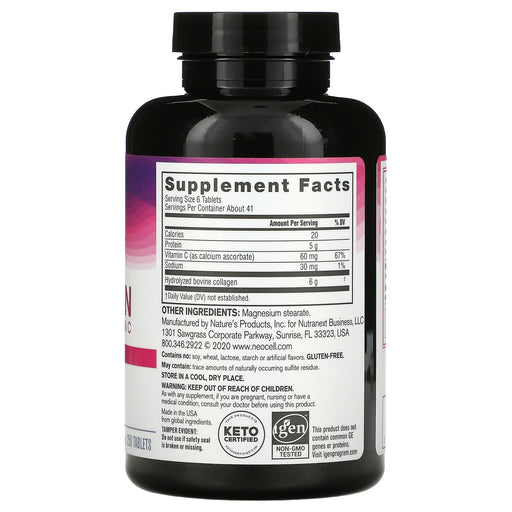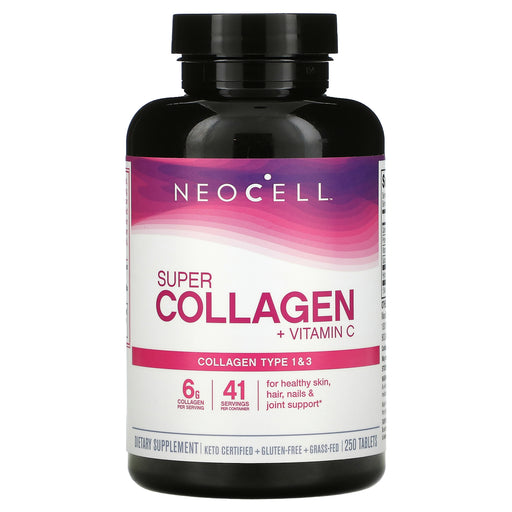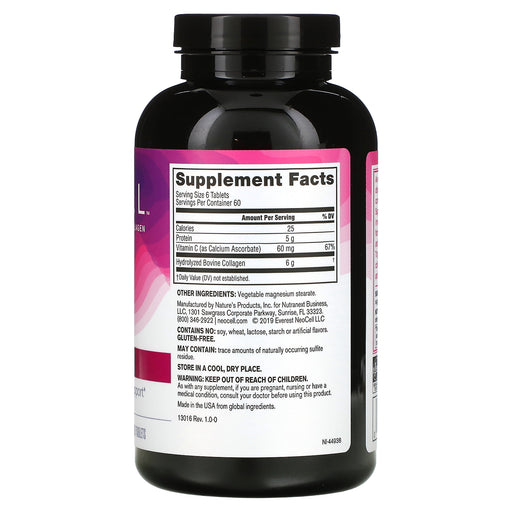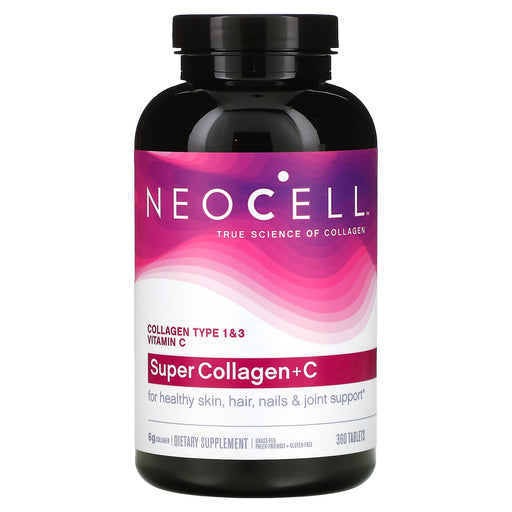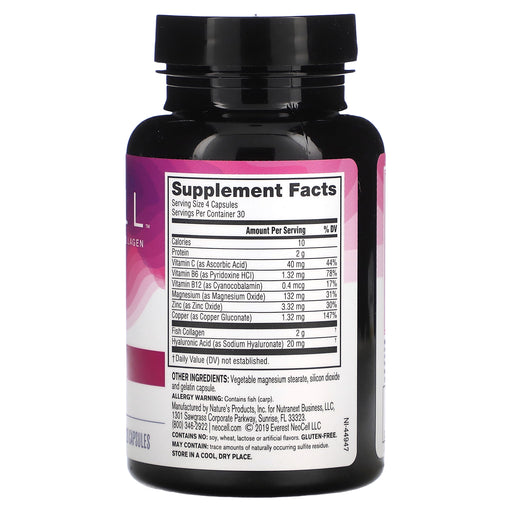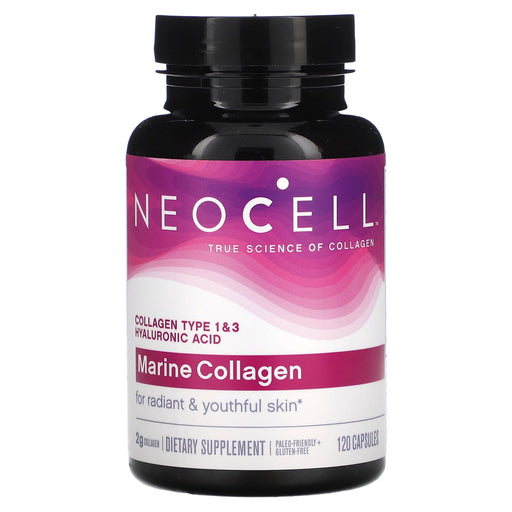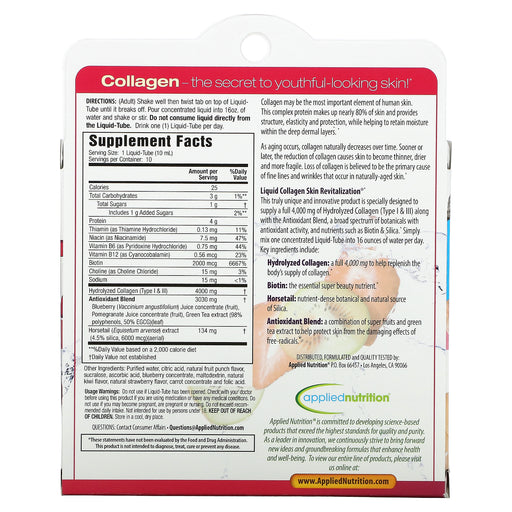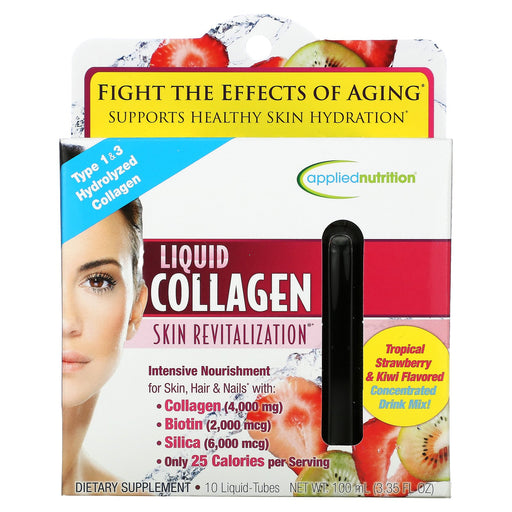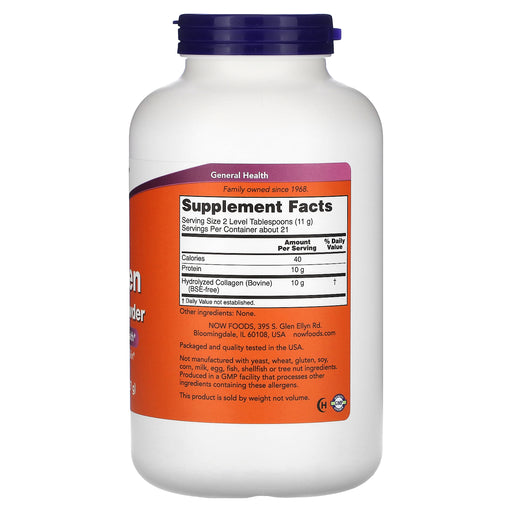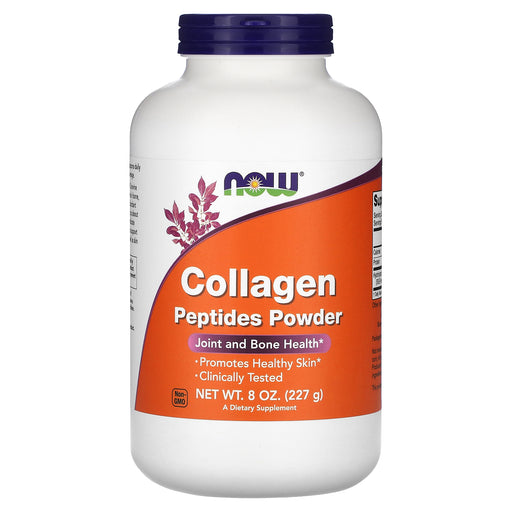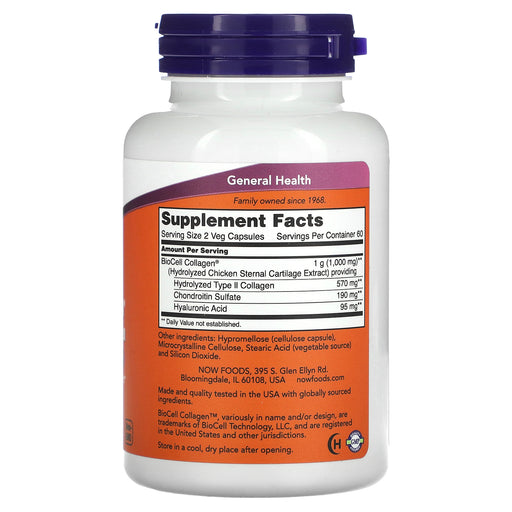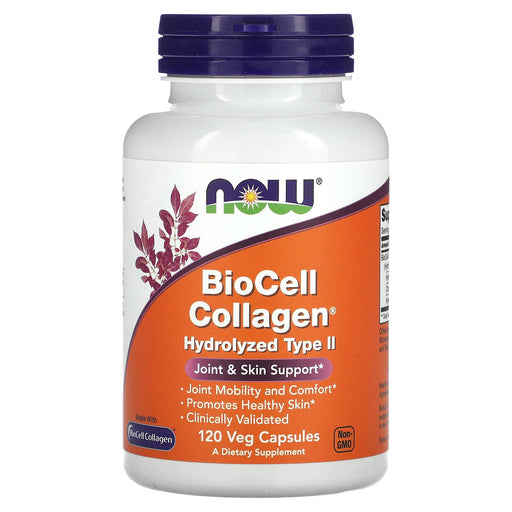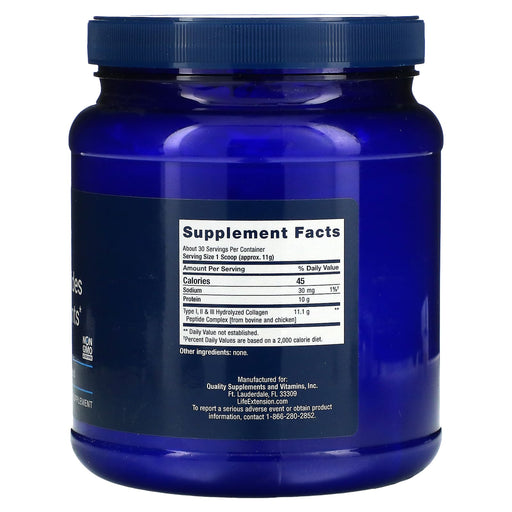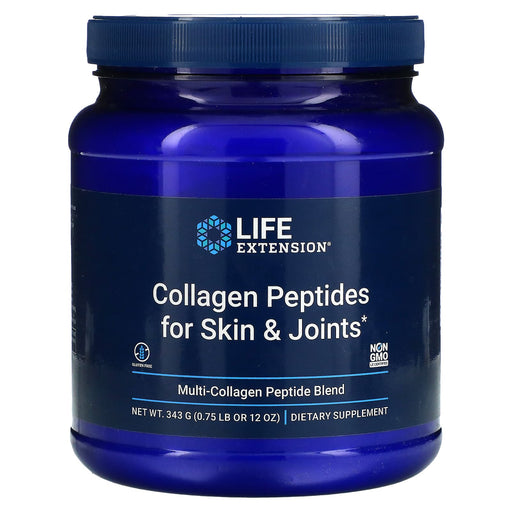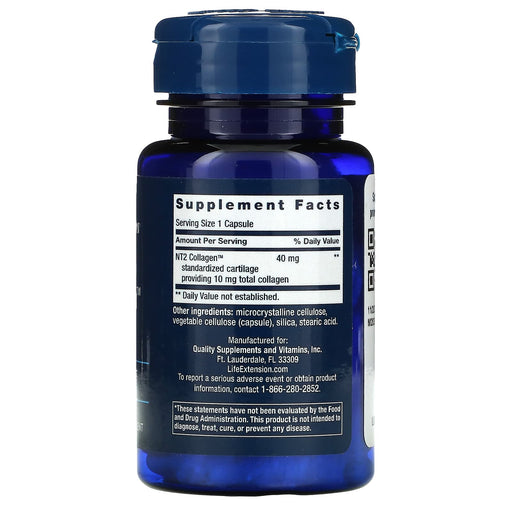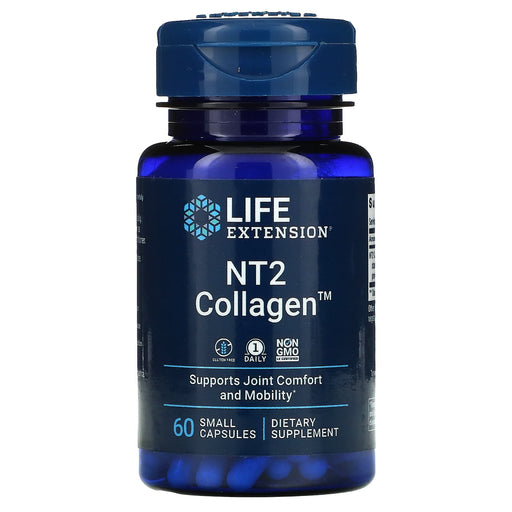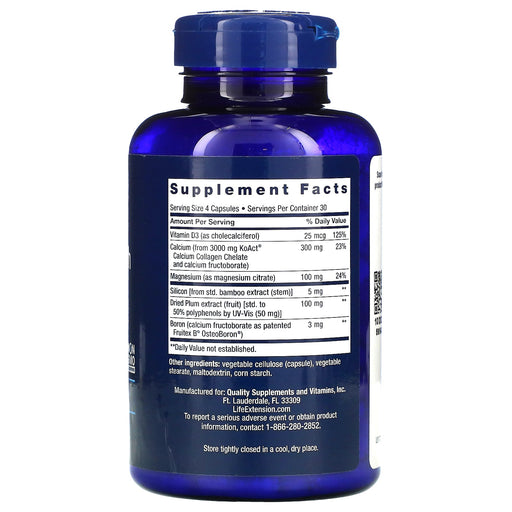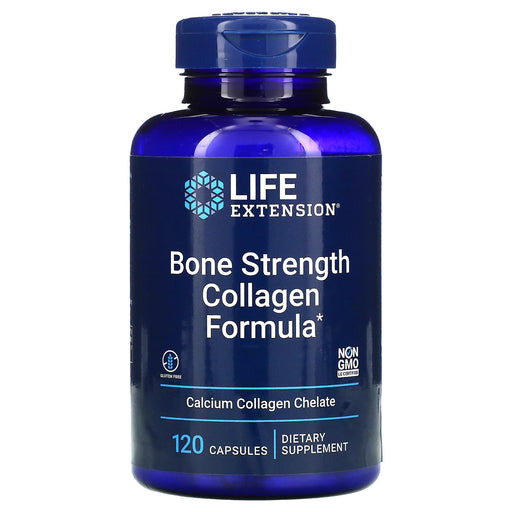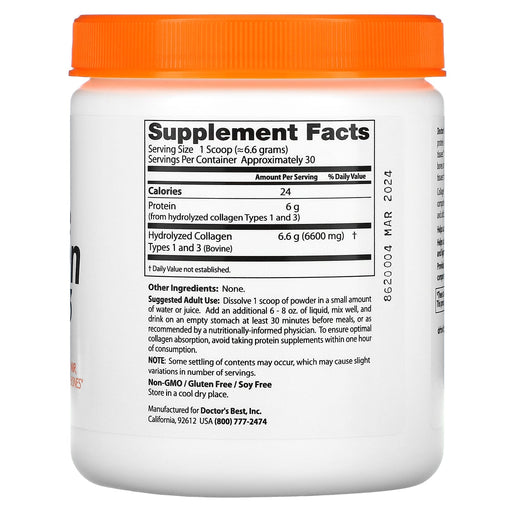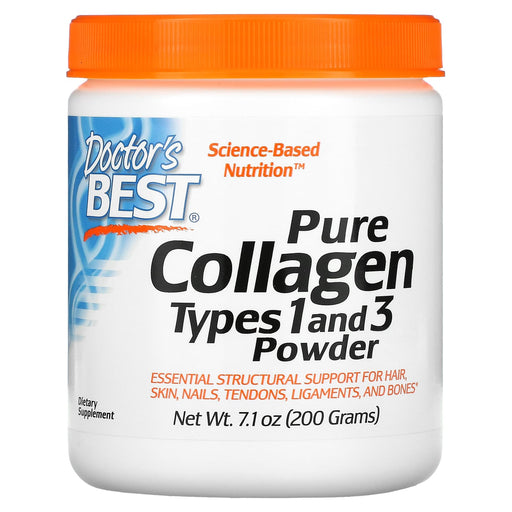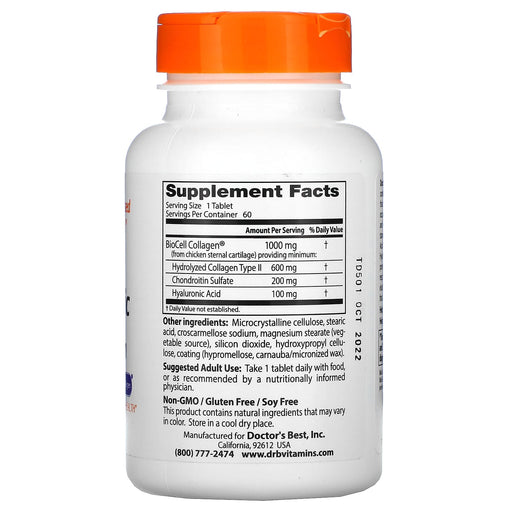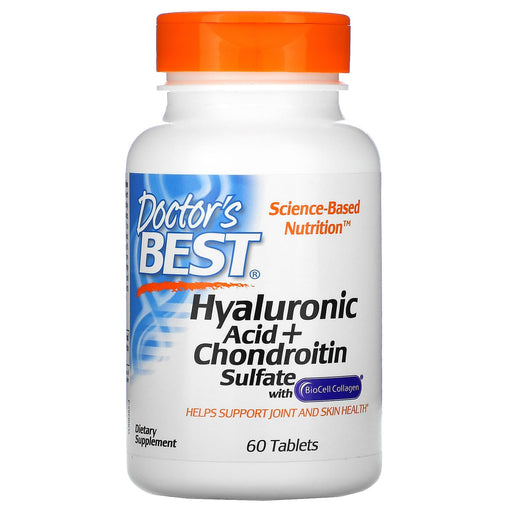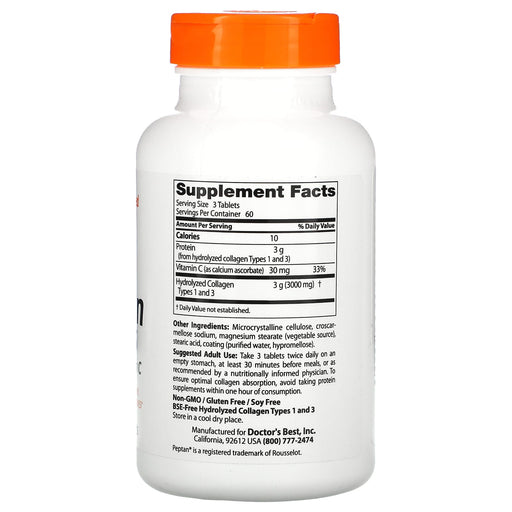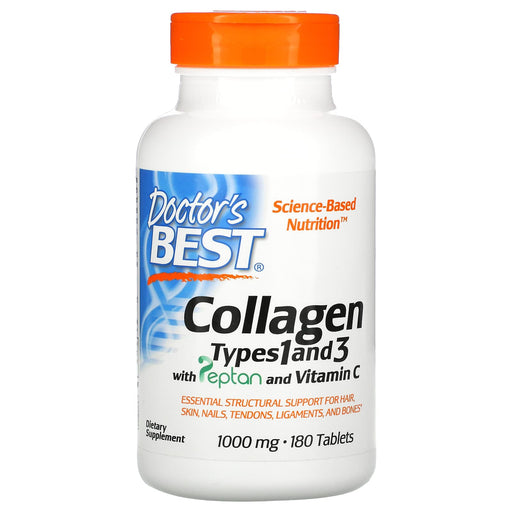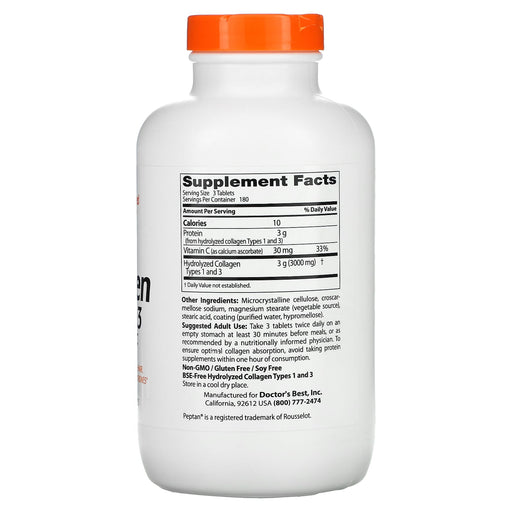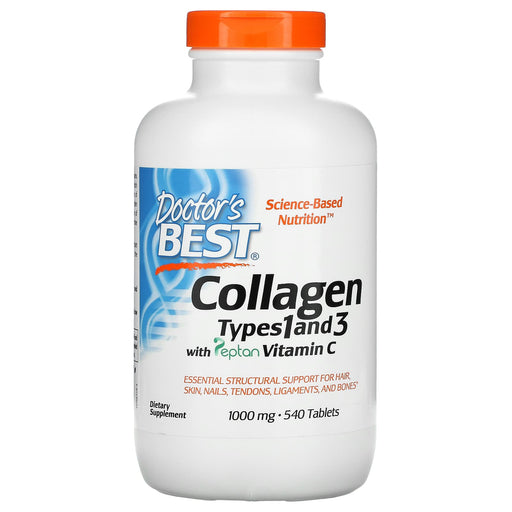
Supporting Skin, Joint, and Bone Health with Collagen Supplements
Collagen is the most abundant protein in the human body, serving as a crucial structural component of skin, bones, cartilage, tendons, and other connective tissues. As we age, our bodies naturally produce less collagen, leading to visible signs of aging, such as wrinkles, sagging skin, and joint discomfort. Collagen supplements have gained popularity as a convenient and effective way to support skin health, joint function, and overall well-being by replenishing the body's collagen stores.
What is Collagen?
Collagen is a fibrous protein that provides strength, elasticity, and structure to various tissues throughout the body. There are several types of collagen, with Types I, II, and III being the most common:
- Type I Collagen: This is the most abundant type of collagen, found primarily in skin, bones, tendons, and ligaments. It is known for its tensile strength and role in maintaining skin firmness and elasticity.
- Type II Collagen: Found mainly in cartilage, Type II collagen is essential for joint health, cushioning, and mobility.
- Type III Collagen: This type of collagen is found in skin, muscles, and blood vessels, and is important for skin elasticity and cardiovascular health.
Collagen supplements are typically derived from animal sources, such as bovine, porcine, or marine collagen, and are available in various forms, including powders, capsules, and liquid shots.
Benefits of Collagen Supplementation
Incorporating collagen supplements into your health routine may offer several potential benefits, including:
- Skin Health and Anti-Aging: Collagen supplements can help improve skin hydration, elasticity, and firmness, reducing the appearance of fine lines, wrinkles, and sagging skin.
- Joint Health and Comfort: By providing the building blocks for cartilage and other joint tissues, collagen supplements may help support joint health, comfort, and mobility, particularly in individuals with age-related joint concerns or those who engage in high-impact activities.
- Bone Health and Density: Collagen is a major component of bone tissue, and supplementation may help support bone health and density, reducing the risk of age-related bone loss and fractures.
- Muscle Mass and Strength: As a protein source, collagen supplements can contribute to overall protein intake, supporting muscle mass, strength, and recovery, particularly when combined with resistance training.
- Digestive Health: Some studies suggest that collagen supplements may help support digestive health by improving gut lining integrity and reducing inflammation in the digestive tract.
Choosing the Best Collagen Supplement
When selecting a collagen supplement, it's essential to choose a high-quality product from a trusted brand. Consider the following factors:
- Source and Type of Collagen: Choose supplements that contain collagen types aligned with your specific health goals, such as Type I for skin health or Type II for joint support. Consider the source of collagen (bovine, porcine, or marine) based on your dietary preferences and sustainability concerns.
- Bioavailability and Absorption: Look for supplements that contain hydrolyzed collagen or collagen peptides, which are broken down into smaller, more easily absorbed fragments for optimal bioavailability.
- Quality and Purity: Opt for supplements manufactured in GMP-certified facilities, free from contaminants and impurities, and third-party tested for purity and potency.
- Complementary Ingredients: Some collagen supplements may include additional ingredients that support collagen production or provide synergistic benefits, such as vitamin C, biotin, or hyaluronic acid.
- Brand Reputation: Consider supplements from reputable brands with a history of producing high-quality, science-backed products and a commitment to transparency and safety.
Tips for Incorporating Collagen Supplements into Your Health Routine
To maximize the benefits of collagen supplements and support your skin, joint, and bone health, consider the following tips:
- Be Consistent: To experience the full potential benefits of collagen supplementation, take your supplement consistently as directed, typically once or twice daily.
- Pair with a Balanced Diet: While collagen supplements can provide valuable support, they should be used in conjunction with a balanced diet rich in whole foods, lean proteins, fruits, and vegetables to ensure your body has all the necessary nutrients for optimal health.
- Stay Hydrated: Drinking plenty of water throughout the day can help support skin hydration and overall collagen production and function.
- Combine with Vitamin C: Vitamin C is essential for collagen synthesis, so consider pairing your collagen supplement with a vitamin C-rich diet or supplement to enhance its effectiveness.
- Consult with a Healthcare Professional: Before starting any new supplement regimen, consult with a healthcare professional, especially if you have pre-existing health conditions, allergies, or are pregnant or nursing.
Revitalize Your Skin, Joints, and Bones with Health Orchard's Collagen Supplements
Experience the benefits of collagen supplementation for yourself with Health Orchard's selection of high-quality, science-backed collagen supplements. Our carefully curated collection offers a range of options to suit your individual needs and preferences, from grass-fed bovine collagen to sustainably sourced marine collagen.
Witness the potential of collagen to support your skin health, joint function, bone density, and overall well-being. With a commitment to quality, efficacy, and your individual health goals, Health Orchard is your trusted partner in unlocking the rejuvenating power of collagen.
Frequently Asked Questions about Collagen Supplements
1. What do collagen supplements do to the body?
Collagen supplements provide the body with the building blocks necessary for the production and maintenance of collagen, a essential protein that supports the health and structure of skin, hair, nails, bones, joints, and connective tissues. By taking collagen supplements, you may experience several potential benefits:
- Improved skin elasticity, hydration, and reduced wrinkles
- Stronger hair and nails
- Better joint health and reduced joint pain
- Increased bone density and strength
- Enhanced muscle mass and recovery after exercise
- Improved gut health and digestion
Collagen supplements work by providing the body with easily absorbable amino acids that can be used to create new collagen and support overall health and wellness.
2. Is it OK to take collagen supplements every day?
Yes, it is generally safe to take collagen supplements every day, as long as you follow the recommended dosage provided by the manufacturer or your healthcare professional. In fact, taking collagen supplements daily may be necessary to experience the full range of potential benefits, as collagen production in the body declines with age. By consistently providing your body with the building blocks it needs to create new collagen, you can support the health and appearance of your skin, hair, nails, bones, and joints over time. However, if you have any pre-existing health conditions or allergies, it is always best to consult with a healthcare professional before starting a new supplement regimen.
3. What is the best form of collagen to take?
The best form of collagen to take depends on your individual needs and preferences, but some of the most popular and effective options include:
- Hydrolyzed collagen peptides: Easily dissolved in hot or cold liquids and highly bioavailable
- Marine collagen: Sourced from fish skin and scales, making it a good option for those who avoid beef or pork products
- Bovine collagen: Sourced from cow hides and known for its high concentration of types I and III collagen
- Bone broth collagen: Derived from slow-simmered animal bones and connective tissues, providing a natural source of collagen and other beneficial nutrients
Ultimately, the best form of collagen is the one that you can consistently incorporate into your daily routine and that provides the specific benefits you are looking for.
4. What are the five best collagens?
The five best collagen supplements on the market may vary depending on individual preferences and needs, but some of the most well-regarded options include:
- Vital Proteins Collagen Peptides: Easily dissolvable, grass-fed, pasture-raised bovine collagen
- Great Lakes Gelatin Collagen Hydrolysate: High-quality, grass-fed bovine collagen that is easy to mix into beverages
- Sports Research Collagen Peptides: Third-party tested, non-GMO, grass-fed bovine collagen
- Ancestral Supplements Grass-fed Collagen: Whole food collagen supplement sourced from grass-fed bovine bones and connective tissues
- Nordic Naturals Marine Collagen Powder: Sustainably sourced from wild-caught Arctic cod, suitable for pescatarians
When choosing a collagen supplement, consider factors such as the source of the collagen, the form (powder, capsules, etc.), and any additional ingredients that may support collagen production or overall health.
5. What collagen is healthiest?
The healthiest collagen supplement is one that is high-quality, pure, and sourced from reputable suppliers. Look for collagen supplements that are:
- Grass-fed and pasture-raised (for bovine collagen)
- Wild-caught and sustainably sourced (for marine collagen)
- Free from artificial additives, preservatives, and fillers
- Third-party tested for purity and potency
- Non-GMO and gluten-free
Additionally, consider collagen supplements that contain complementary ingredients like vitamin C, biotin, or hyaluronic acid, which can help support collagen production and overall skin, hair, and nail health. Ultimately, the healthiest collagen supplement is the one that meets your individual needs and preferences while adhering to high standards of quality and purity.
6. Is collagen safe for the liver?
Yes, collagen supplements are generally considered safe for the liver when taken in recommended doses. In fact, some research suggests that collagen may even offer potential benefits for liver health. Collagen's amino acid profile, particularly its high glycine content, may help support liver function and protect against liver damage. Glycine has been shown to have hepatoprotective properties, helping to reduce inflammation and oxidative stress in the liver. However, if you have pre-existing liver conditions or concerns, it is always best to consult with a healthcare professional before starting any new supplement regimen to ensure safety and appropriate dosing.














